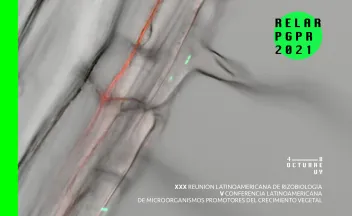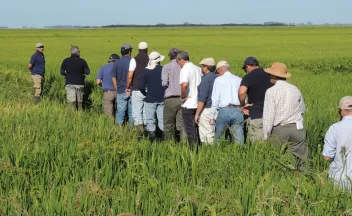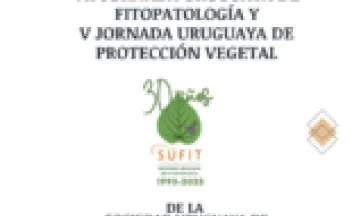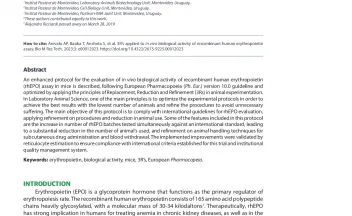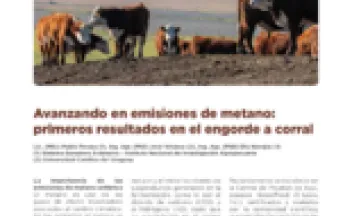RNAi in Piezodorus guildinii (Hemiptera - Pentatomidae):Transcriptome assembly, machinery analysis and in-vivo response towards the development of new pest control strategies. [Conference Proceedings - Poster 577].

Red-banded stink bug Piezodorus guildinii (P. guildinii) has been described as the most damaging stink bug regarding soybean crops, leading to seed injury, low germination percentages and foliar retention, even at low population densities. In this work the first P. guildinii transcriptome from a pool of all developmental stages was assembled, annotated and RNAi components were analyzed.

